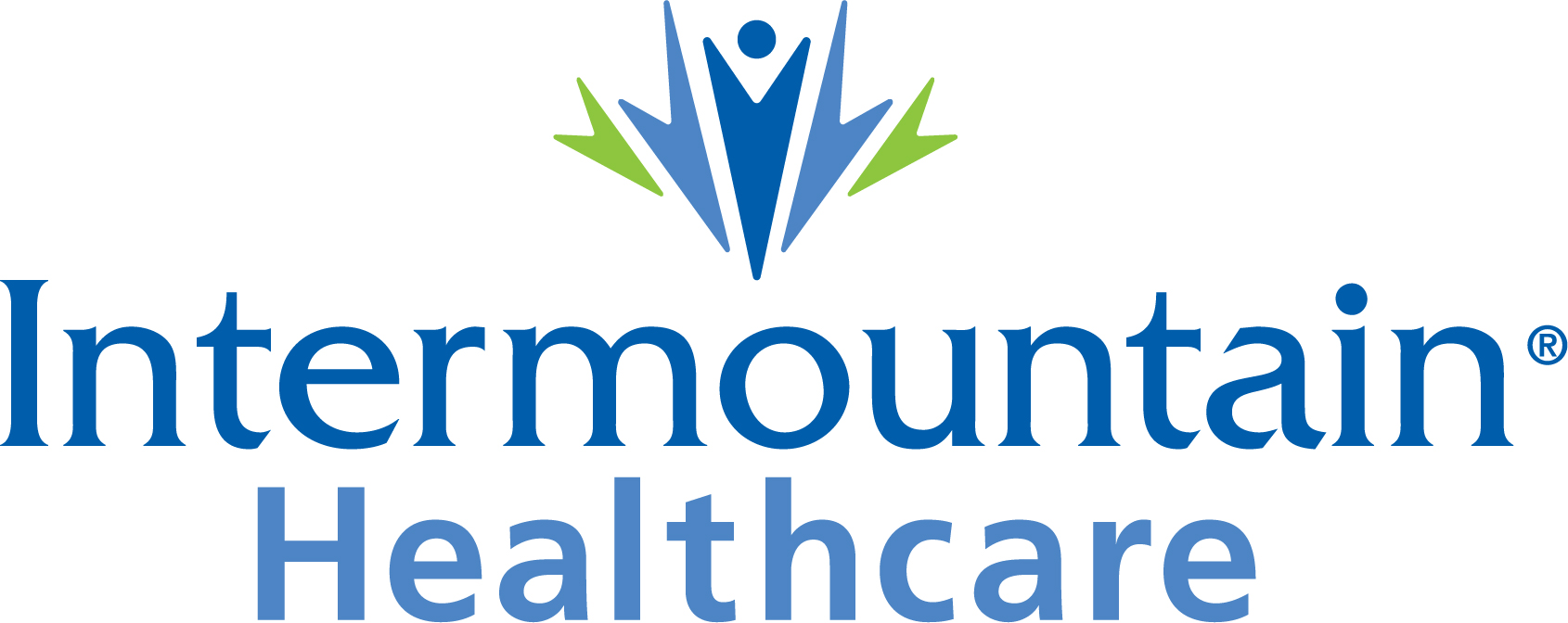What Women Need to Know About Blood Clots and Pregnancy
Industry: Healthcare
It is important that women are aware of the risk factors as well as the signs and symptoms that might suggest the presence of a blood clot
Salt Lake City, UT (PRUnderground) November 29th, 2022
Women are at a higher risk during pregnancy, childbirth, and up to three months after delivering a baby for a blood clot (also called thrombosis). In fact, pregnant women are five times more likely to experience a blood clot compared to women who are not pregnant.
Scott Woller, MD, chair of the department of medicine at Intermountain Medical Center and a specialist in thrombosis medicine explains that this is because during pregnancy the body increases production of blood factors that promote normal clotting.
“When a woman is pregnant, their blood clots more easily to lessen blood loss during labor and delivery,” said Dr. Woller. “Pregnant women may also have less blood flow to the legs later in pregnancy because the growing baby presses upon the blood vessels around the pelvis.”
Dr. Woller says other factors that may increase a pregnant woman’s risk for blood clot include:
– A personal or family history of blood clots or a blood clotting disorder.
– A C-section delivery.
– Sitting still for long periods of time or prolonged immobility.
– Being over the age of 35.
– Having a BMI of 30 or more.
– Carrying twins or multiple babies.
– Having preeclampsia, or certain chronic illnesses such as high blood pressure.
A blood clot during pregnancy could cause complications that can affect the mother’s health and the baby’s health including:
– Blood clots in the placenta.
– Heart attack.
– Pulmonary embolism – a blood clot that typically originates in the legs and travels to become lodged in the arteries in the lungs.
– Thrombosis – This happens when a blood clot forms in a blood vessel and blocks blood flow. It most often happens in the deep veins of the legs but can be in other places of the body.
Awareness:
It is important that women are aware of the risk factors as well as the signs and symptoms that might suggest the presence of a blood clot
– You may notice swelling, pain or tenderness that was not caused by an injury on your arm or leg. The area may be warm to the touch or red in color.
– Move or stretch on long trips. If you sit for more than four hours on a trip, try to move your legs often.
– Drink lots of fluids like water.
– Wear loose fitted clothing or special stockings that compress your legs (talk to your provider before trying these stockings.)
– Follow your doctor’s instructions during pregnancy and after giving birth.
Diagnosis
– Your provider may order an ultrasound, or a CT scan to assess for blood clots and may ask you to come in for additional prenatal care checkups.
– Your provider may also refer you to a specialist who treats blood conditions.
Treatment
– During pregnancy your provider may prescribe you an anticoagulant (blood thinner).
– After pregnancy, you may also be treated with a blood thinner.
– Should you experience a blood clot during pregnancy, your doctor may prescribe you medicine to prevent you from developing a blood clot should you become pregnant again.
Dr. Scott Woller is a member of Intermountain Medical Group, the chair of medicine at Intermountain Medical Center, and a physician researcher whose expertise is in the prevention and treatment of blood clots. He also sees patients at Intermountain Edwards Internal Medicine Outpatient Clinic in Murray, Utah.
About Intermountain Healthcare
Headquartered in Utah with locations in eight states and additional operations across the western U.S., Intermountain Healthcare is a nonprofit system of 33 hospitals, 385 clinics, medical groups with some 3,900 employed physicians and advanced care providers, a health plans division called SelectHealth with more than one million members, and other health services. Helping people live the healthiest lives possible, Intermountain is committed to improving community health and is widely recognized as a leader in transforming healthcare by using evidence-based best practices to consistently deliver high-quality outcomes at sustainable costs. For more information and updates, click here



